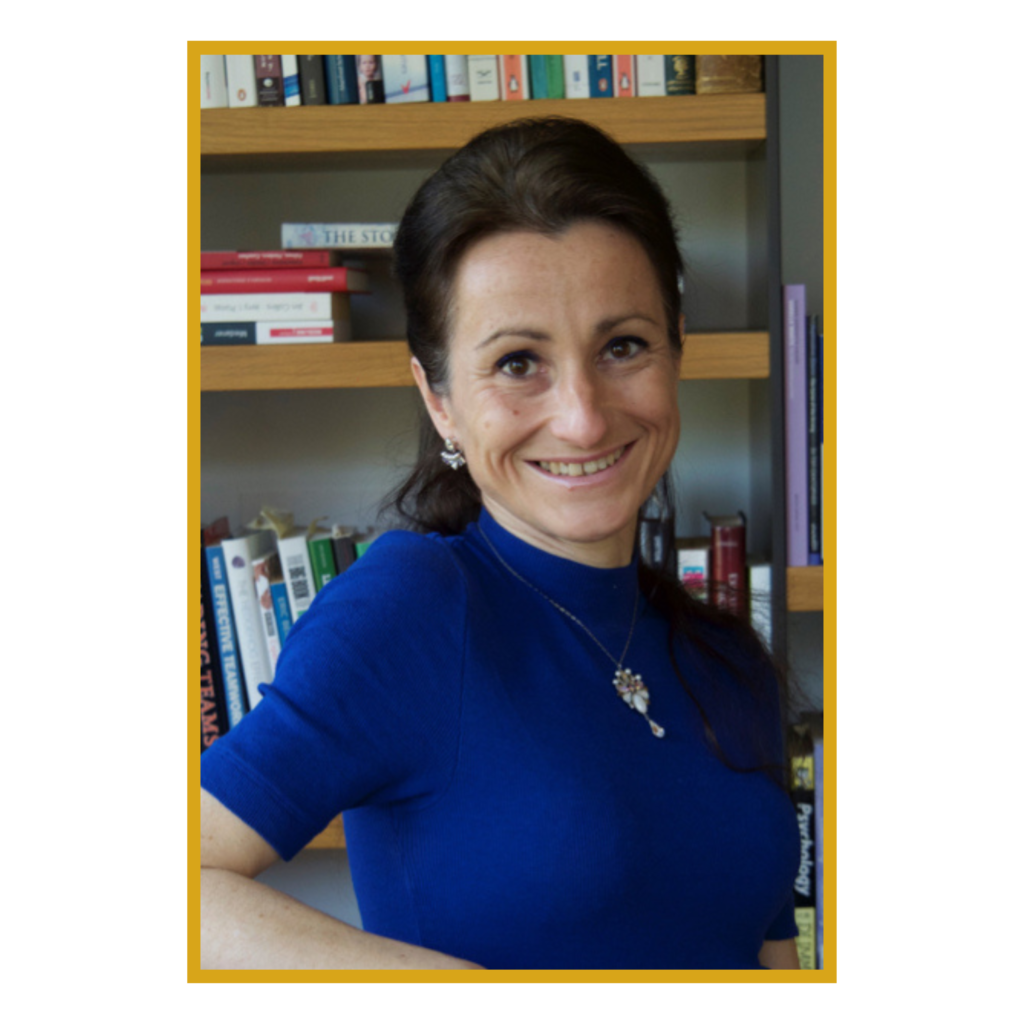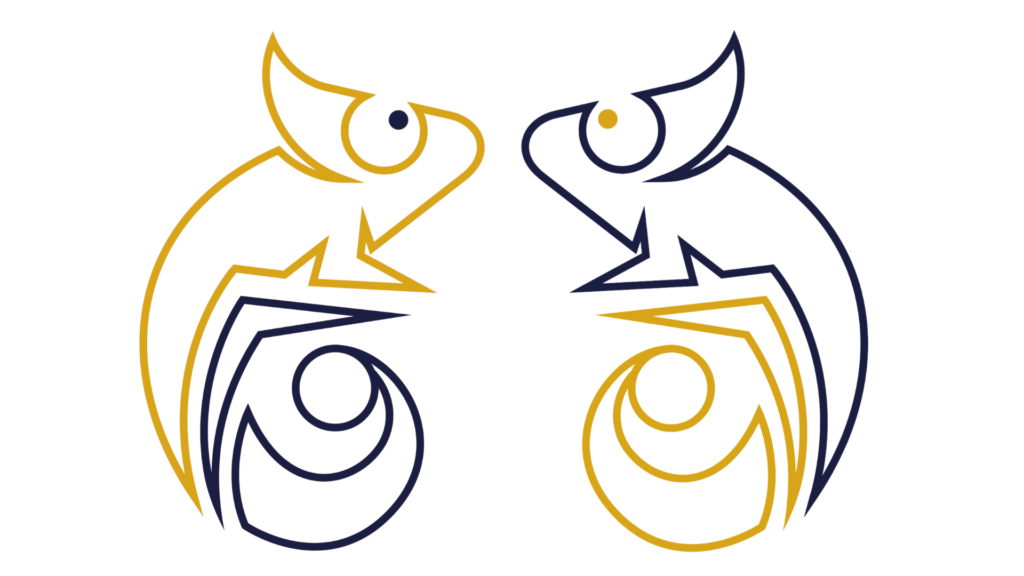
What is that spontaneity in coaching presence?
- embodied relational process between coach and client: it is non-verbal motion energy in action;
- mutual needs exchange: spontaneous responsiveness to meet needs in the moments for both or all interaction partners;
- authenticity: how well vs. how much we are able to adapt to what is needed;
- four spheres of presence: what is needed in the I (in myself), the WE (in the relationship), the ALL (our context and environment), and the OMNI (all the other things we bring into the room including our biological state, philosophical attitudes, or cultural heritage).
What Is Spontaneity to Do With ‘Thinking Out of the Box’?
- can let go of what we ‘should be’ and are expected to do in coaching
- are fully anchored in our genius self beyond merely aware our ‘why’ in coaching
- can be authentic in how we are authors of our coaching, which will show in our adaptability to the four spheres of presence (I, WE, ALL, OMNI)
- are aware of how our needs (e.g., certification, existential, relational) shape how we build comfort zones
- can color outside the lines of learned rules and regulations serving clients rather than serving a certification system all in line with ethical standards
- are ready for deep learning to serve clients rather our own, let’s say certification needs
That’s a BIG ASK, I guess. Well, that’s personal mastery in action.
Personal mastery, which ICF states as being just as important as coaching competences, is about constantly working on thinking out of the box to be present to precisely what is needed in the four spheres of coaching: I, WE, ALL, and OMNI (Erdös, 2021).
What Is Spontaneity not to Do With ‘Thinking Out of the Box’?
- feel safe to color outside the lines when coaching even if our coloring is contrary to what we were taught in our coach training
- feel comfortable leaving some well-trodden path and breaking learned cycles of asking questions or being a coach
- feel anchored to lose our safety and security blanket of ‘these are the MCC markers’ or ‘these are the PCC markers’ or ‘ACC markers’ I need to abide by.
- How well am I coloring outside the lines? How authentic is my presence really? How much conscious effort is in my practice?
- How solid and anchored is my comfort zone to allow myself to color outside the lines of my current knowledge and practice?
- How well am I serving my clients’ needs beyond my own needs?
– How many times have you thought of attending a webinar where you can receive CCEs easily and conveniently?
– How many times were those webinars or ICF CCE-ed programs really the ones that would hone your personal mastery?
– How often were those webinars or programs the ones that would get you easily re-certified? or,
– How well are you aware of the shadow sides of digital coaching?
– How many times do you rejoice as working digitally as a coach is convenient?
Staying in the Comfort Zone: What is My True Love Story Being a Coach?
This question has the capacity to reveal insights for us to
a.) explore our personal mastery while connecting with our comfort zone
b.) be present to our true capacities to develop our coaching business without external motivation mechanisms (i.e., scarcity flag, sticks and carrots or reward and punishment cycles) being the drive to ‘sell’ our services
c.) discover how we can be grounded in an ever-changing market as we are more than a set of our competences
d.) learn to think outside the box, color outside the lines of predefined coaching practices while staying in the comfort zone being fully ethical.
Let's Take Things Further to Learn and Practice
If the topic of personal mastery is something you wish to explore to enable your coach business development, you’re welcome to join our community and be part of an initiative that promotes social impact through coaching as the event fee will go towards funding coach training for women in Kenya. Why? Because we are committed to use coaching as a tool of empowerment for women as they strive to become more entrepreneurial in their communities. Carin H. Bladh ICF MCC and I, we welcome you to something that the coaching world has never seen before.
If you wish to hone your presence through spontaneous responsiveness, join us here www.integrative-presence.com to learn in an experiential online and offline set with coaches and leaders in a boutique setting. Deep-dive through our experiential approach into the power of presence learning the difference between virtual and in-person presence through spontaneous responsiveness. Claire Venetsanakou and I, we will hold the space for you to experience presence beyond your imagination, beyond the practice of improvisation, beyond your mental capacities of brilliant thinking to embrace sensory intelligence working with leaders online and offline.
References
This article was first Published on LinkedIn in December 14, 2022




